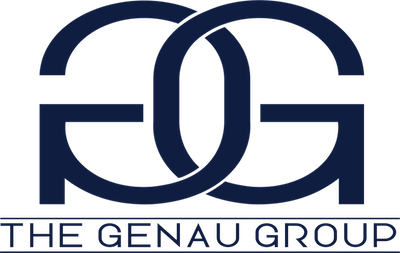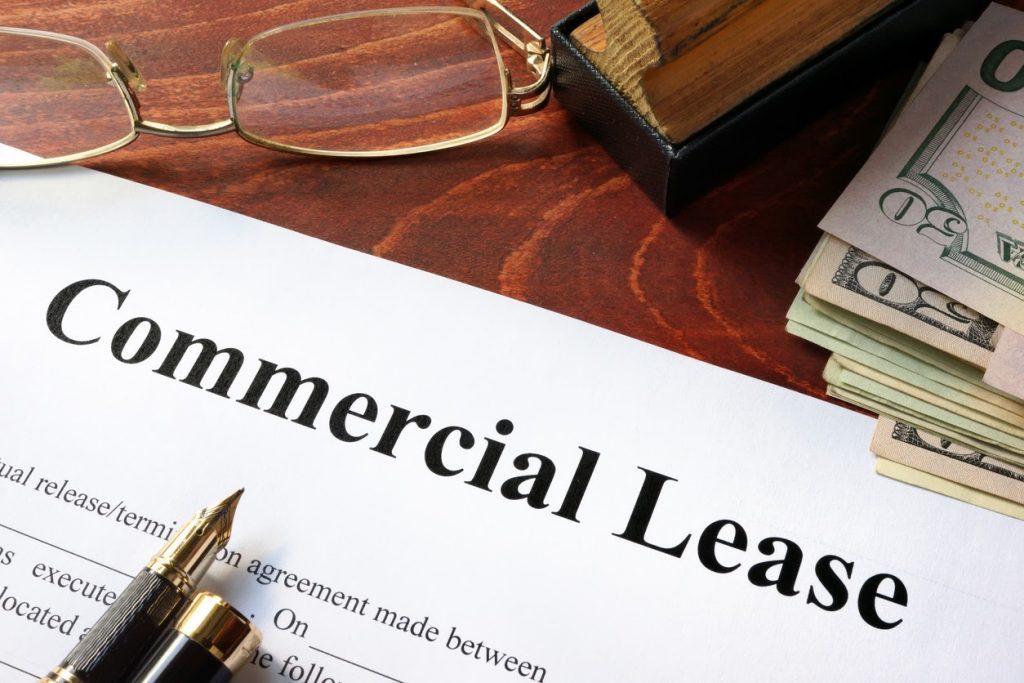If you’ve negotiated a solid lease agreement, you might not think you need to conduct a commercial lease audit. In a perfect world, maybe you wouldn’t have to. The complex language of a commercial lease means it’s easy for landlords to pass charges along to you intentionally or unintentionally, however. These overcharges could break your business, which is why it’s essential to ensure you’re getting the most from your lease.
Lease auditing is basically a check on the landlord’s power, which is immense over commercial tenants. Think about it: The landlord sets base rent, measures the building to determine rentable space, drafts the contracts, and manages the whole operation. You’re basically at their mercy as a commercial tenant!
It is thus crucial to negotiate your lease agreement to your advantage, understand it thoroughly, and then continue to check in on it with lease auditing. The process is the best tool you have to ensure your lease is honored as written. Here are some of the top questions commercial tenants need answered when evaluating their lease conditions.
1. What is a Commercial Lease Audit?
Some landlords are intentionally deceptive, while many others simply make mistakes. A lease audit helps determine if your commercial lease is really fair. Heavy, jargon-filled lease language and obscure clauses can prove disadvantageous to tenants, many of whom find they’re overpaying every month. That can add up to a considerable sum over time, so it’s to your benefit to make sure your lease terms are in order.
2. When Should You Do a Lease Audit?
Ideally, tenant’s audits should happen on a regular basis as part of your overall business strategy, but there are a few events that will alert you to the need for one:
- Deciding whether to renew or terminate your lease
- Changes in the building’s ownership or property management company
- Major occupancy changes (for example, if numerous tenants move out at once)
- The landlord’s financial difficulties
- Sudden changes on your charges
- Building renovations
- A reconciliation statement that’s not thoroughly itemized

Furthermore, you should do a lease audit any time something doesn’t feel quite right to you or if you believe you’re being overcharged. There’s no harm in double-checking if you’re wrong, but doing so could save you thousands if you’re right.
3. What Happens During a Lease Audit?
You’ll start by choosing a professional lease auditor who will begin with a preliminary review to determine if an audit is necessary. If it is, the landlord will be notified and the auditing firm, tenant, and landlord will have a meeting.
The audit is conducted, during which your lease auditor will be looking for a few things:
- Rentable Space
Is the square footage correct? - Common Area Maintenance (CAM)
It’s easy to hide extra fees within the CAM costs, so the lease auditor will make sure you’re getting everything you’re paying for, that the landlord isn’t passing through any capital expenditures, and that the negotiations you made before signing are being honored. - Rent Analysis
It’s good to check the base rent to see how it compares to similar spaces in the area, and to understand how the base year is calculated for real estate taxes and operating expenses. - Other Items
This includes insurance, HVAC and Other Utilities, Gross-Up Calculations, and much more
The results are reported to the client (the tenant) and then to the landlord. The lease auditor can help negotiate a solution if there are problems, or the tenant may decide to hire a law firm to help. After the settlement, it’s a good idea to continue with regular audits to ensure there’s no recurrence of the errors and no new accidental charges emerge. The fact that you did an audit in the first place may put the landlord on notice, so to speak, and he or she may be more careful in the future to avoid overcharging you.
4. What Should You Do With the Results?
In most cases, audit findings benefit the business. As mentioned above, the lease auditing firm or your law firm can help you negotiate a solution to any discrepancies revealed in the audit report. Many of the errors you find will probably be accidental on the landlord’s part, and he or she will be glad to take steps to correct them. You can use the audit as a negotiating tool to secure better rental rates, and it simply gives you more power as a tenant. The landlord can’t hide from the results, and he or she will have to make amends.
If you find intentional deceit and fraud, however, it may be best to terminate the lease and start your search for a new office space.
What to Do If You’re Not Sure How to Handle a Commercial Lease Audit
The lease document is complicated, and a commercial lease audit should be handled with care by a professional who knows what to look for and how to get a fair settlement for you. A trusted commercial real estate advisor can help you through the process and manage a lot of the details for you.

At The Genau Group, our Lease Audit and Recovery team starts with a lease abstract, then annually analyzes your charges to ensure you’re getting everything you’re paying for. We keep you posted about upcoming changes and important dates and events so you don’t miss any windows for termination, renegotiation, and more.
Work with The Genau Group for Your Commercial Lease Audit in Washington DC
Don’t sit around and wonder if you’re overpaying on your lease. Take charge of your business and your finances with a lease audit. It’s a simple way to ensure every aspect of your carefully negotiated lease is being honored. Contact The Genau Group today to discuss your commercial lease audit questions, or to speak with an expert about other commercial real estate questions you might have.






